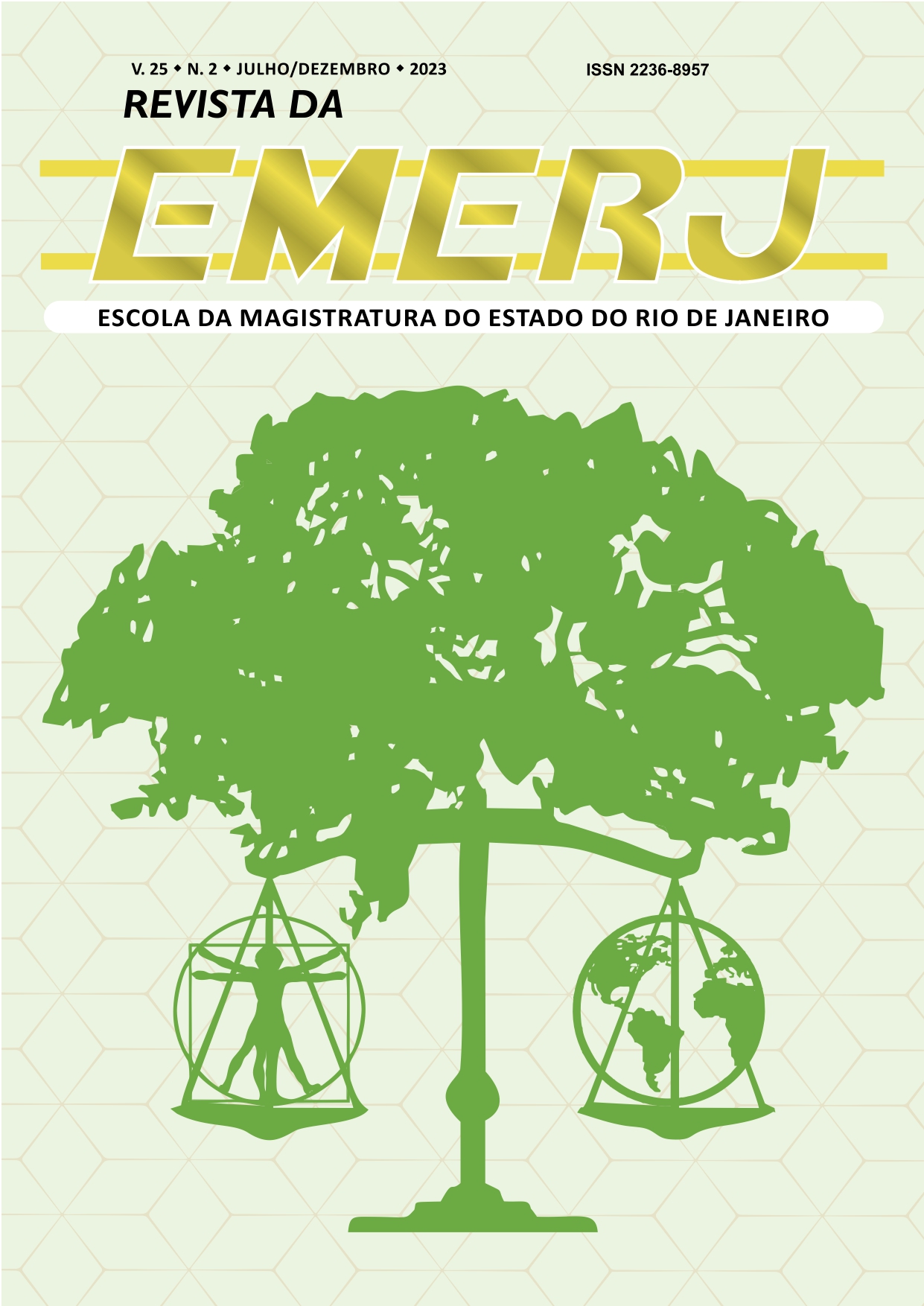Introduction to the German law of succession
Keywords:
succession law, German civil law, parentelic system, intestate succession, testamentary successionAbstract
The present article aims to present a panoramic study of the law of succession in Germany. It is a study that uses a descriptive and deductive methodology, based fundamentally on bibliographic and legislative research. In order to do so, the text studies the constitutional foundation and the legal sources of the matter. Then, the main rules regarding intestate succession and testamentary succession are examined. Special importance is given to the parentelic system of succession, a subject that has always caught the attention of Brazilian jurists. Remarks are also made about the payment of debts and taxes. Finally, the results of the research indicate that the German legislation was built taking into account the Germanic cultural traditions and the parentelic system, presenting, therefore, important points of divergence in relation to the Brazilian legislation.
References
BROX, Hans; WALKER, Wolf-Dietrich. Erbrecht. 29. ed. München: Franz Vahlen, 2021.
DUTTA, Anatol. Warum Erbrecht?: das vermögensrecht des generationenwechsels in funktionaler betrachtung. Tübingen: Mohr Siebeck, 2014.
EBENROTH, Carsten Thomas; AUER, Thomas. The Law of Succession. In: EBKE, Werner F.; FINKIN, Matthew W. (org.). Introduction to German Law. The Hague: Kluwer, 1996. p. 273-304.
EPPING, Volker. Grundrechte. 7. ed. Berlin: Springer, 2017.
FRANK, Rainer; HELMS, Tobias. Erbrecht. 7. ed. München: C.H. Beck, 2018.
GRUNEWALD, Barbara. Bürgerliches Recht. 9. ed. München: C.H. Beck, 2014.
GURSKY, Karl-Heinz; LETTMAIER, Saskia. Erbrecht. 7 ed. Heidelberg: C.F. Müller, 2018.
KIPP, Theodor; COING, Helmut. Erbrecht: ein Lehrbuch. Tübingen: Mohr, 1990.
LANGE, Knut Werner. Erbrecht. 3. ed. München: C.H. Beck, 2022.
LEIPOLD, Dieter. Erbrecht. 23. ed. Tübingen: Mohr Siebeck, 2022.
LÖHNIG, Martin; FISCHINGER, Philipp S. Erbrecht. 4. ed. München: Franz Vahlen, 2022.
LOTUFO, Renan. Código Civil comentado: contratos em geral até doação (arts. 421 a 564). São Paulo: Saraiva, 2016, v. 3.
MEYER-PRITZL, Rudolf. Erbrecht. In: Eckpfeiler des Zivilrechts. 6. ed. Berlin: Sellier – de Gruyter, 2018. p. 1479-1527.
MUSCHELER, Karlheinz. Familienrecht. 5. ed. München: Franz Vahlen, 2022.
OLZEN, Dirk; LOOSCHELDERS, Dirk. Erbrecht. 6. ed. Berlin: De Gruyter, 2020.
ROBBERS, Gerhard. Einführung in das deutsche Recht. 7. ed. Baden-Baden: Nomos, 2019.
RÖTHEL, Anne. Erbrecht. 18. ed. München: C.H. Beck, 2020.
SCHMOECKEL, Mathias. Erbrecht. 5. ed. Baden-Baden: Nomos, 2019.
SOLOMON, Dennis. The Law of Succession. In: REIMANN, Mathias; ZEKOLL, Joachim (orgs.). Introduction to German Law. München: C.H. Beck, 2005.
WAAL, Marius J. de. Comparative succession law. In: REIMANN, Mathias; ZIMMERMANN, Reinhard (orgs.). The Oxford Handbook of Comparative Law. Oxford: Oxford, 2006.
ZANINI, Leonardo Estevam de Assis. Direito civil: sucessões. 2. ed. Indaiatuba: Foco, 2022.
ZIMMERMANN, Reinhard. Intestate Succession in Germany. In: REID, Kenneth; WAAL, Marius J. de; ZIMMERMANN, Reinhard (orgs.). Comparative Succession Law. Oxford: Oxford, 2015. v. 2.
Downloads
Published
How to Cite
Issue
Section
License
Copyright (c) 2023 Leonardo Estevam de Assis Zanini

This work is licensed under a Creative Commons Attribution 4.0 International License.
Authors who publish in this Journal agree to the following terms:
- Authors retain copyright and grant the Journal of Constitutional Research the right of first publication with the article simultaneously licensed under the Creative Commons - Attribution 4.0 International which allows sharing the work with recognition of the authors and its initial publication in this Journal.
- Authors are able to take on additional contracts separately, for non-exclusive distribution of the version of the paper published in this Journal (eg.: publishing in institutional repository or as a book), with a recognition of its initial publication in this Journal.
- Authors are allowed and encouraged to publish their work online (eg.: in institutional repositories or on their personal website) at any point before or during the submission process, as it can lead to productive exchanges, as well as increase the impact and the citation of the published work (see the Effect of Open Access).


















